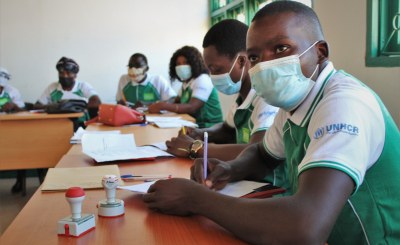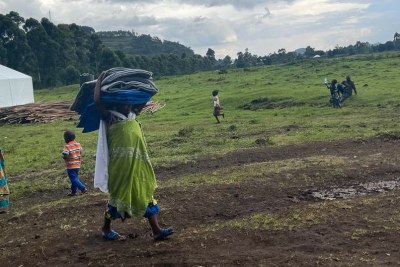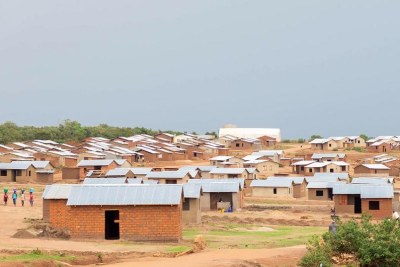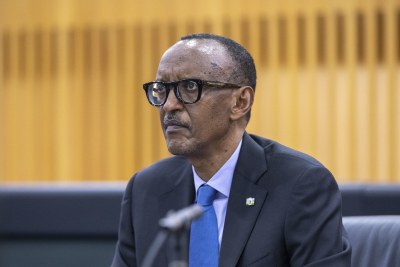-
Africa: On World Refugee Day - Let's Celebrate Solutions to Refugee Energy Crisis
allAfrica, 20 June 2023
Connecting displaced people with clean, affordable energy is an urgent humanitarian challenge. In refugee camps, the share of residents without electricity and safe cooking methods… Read more »
-
Zimbabwe: 16 000 Refugees Gets Food Support Under Govt-WFP Partnership
New Zimbabwe, 20 June 2023
A TOTAL of 16 000 refugees at Tongogara Refugee Camp (TRC) in Chipinge have received a donation of 4 400 metric tonnes of maize grain from the government in partnership with the… Read more »
-
Cameroon: Cameroon Overwhelmed With Refugees
VOA, 19 June 2023
Ahead of World Refugee Day on June 20, humanitarian agencies are distributing aid to the nearly 500,000 refugees who live in Cameroon. The U.N. refugee agency says another 400… Read more »
-
Nigeria: Nigeria, UN Seek Global Action to Address Plight of 110 Million Refugees
Leadership, 19 June 2023
The Federal Government and the United Nations High Commissioner for Refugees (UNHCR), have appealed to countries and international partners to address the dire situation faced by… Read more »
-
Chad: Over 300 Sudanese Arrive in Chad Hospital in Just Three Days
MSF, 16 June 2023
Wounded people from Sudan are arriving in waves at Adré hospital in eastern Chad, where they are being treated by Médecins Sans Frontières (MSF) and Ministry… Read more »
-
Malawi: UNHCR Pledges to Help Resettle Refugees
VOA, 16 June 2023
The United Nations refugee agency has pledged its support of Malawi's move to resettle more than 50,000 refugees and asylum-seekers currently living at the overcrowded Dzaleka… Read more »
-
ICRC, 16 June 2023
The International Committee of the Red Cross (ICRC) recently assisted returnees to Mocímboa da Praia, Cabo Delgado, with essential household items. Kits composed of bucket,… Read more »
Calls to Relook Energy Use on World Refugee Day
Connecting displaced people with clean, affordable energy is an urgent humanitarian challenge. In refugee camps, the number of residents without electricity and safe cooking methods can be as high as 90%, opines Nashwa Naushad, programme officer at Ashden and Amer Alkayed, the co-founder and chairperson of Global Refugee-Led Network, for AllAfrica.
Powering up communities supports displaced people to stay safe and healthy, earn a living, learn, and stay in touch with loved ones. But there are many barriers to progress - including a lack of public and private investment, and officials' reluctance to sanction infrastructure that "settles" displaced people.
Every day across the Global South businesses and non-profits are using mini-grids and rooftop solar panels to bring clean energy to more and more communities - while safer cookstoves tackle deforestation and air pollution.
But too often, barriers stop the spread of these services and products to displaced people. We risk a widening energy poverty gap, further adding to the challenges faced by some of the world's most marginalised communities.
On World Refugee Day, June 20, it's time to ask - how can this gap be closed? A key step is supporting and replicating homegrown energy initiatives, and the entrepreneurs and community organisations driving ground-up change. They know the solutions needed, and the funding and business models that can make them a reality.
InFocus
-
With the humanitarian situations in Sudan, Ethiopia, and the Democratic Republic of Congo raging on, East African leaders want to examine and address the wide range of factors that ... Read more »
-
Refugees are often depicted as economic burdens on the communities where they have found safety, and on the international aid system. This overlooks the fact that 55% of refugees ... Read more »
-
Rwanda government spokesperson Yolande Makolo has said that the country will not expel refugees from DR Congo and that President Kagame's remarks were misrepresented, Read more »









